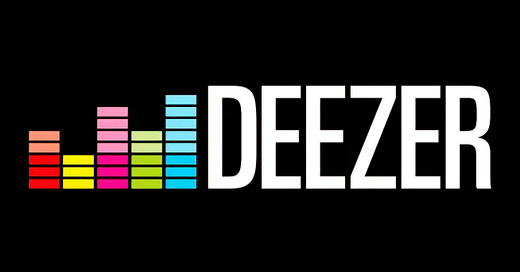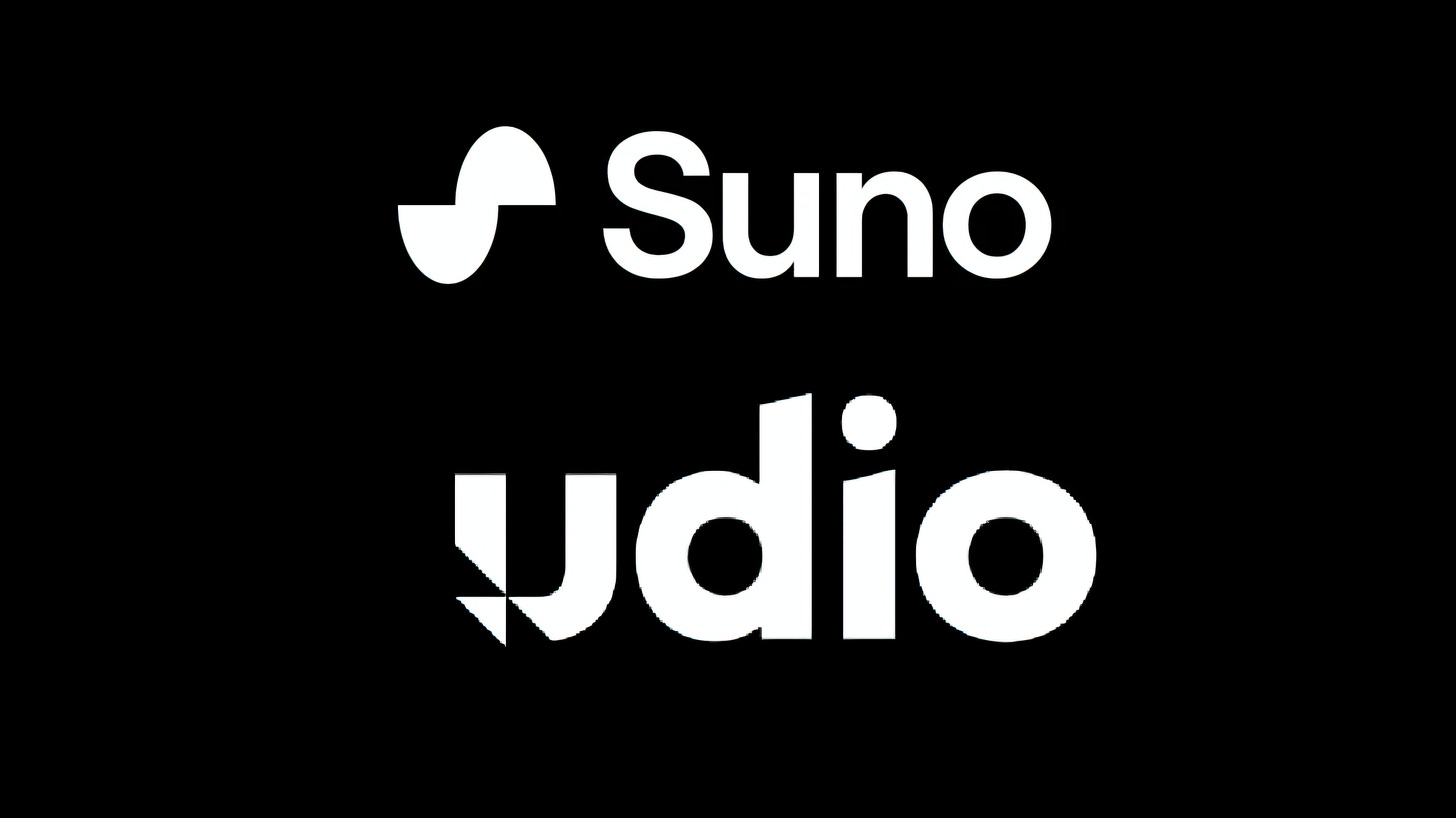The Rise of AI Music | Deezer's Battle Against Synthetic Content 💪🏼🤖
More than 10,000 AI tracks flood streaming daily...
Streaming giant Deezer has unveiled startling statistics about AI-generated music, marking a critical moment in the evolving landscape of digital music distribution. Approximately 10,000 fully AI-generated tracks are being uploaded to Deezer's platform daily, representing 10% of their total daily content uploads.
The Detection Initiative
Deezer has developed a ground-breaking AI detection tool, filing two patent applications in December. Unlike existing solutions that are limited to specific AI models, Deezer's technology can identify artificial music from various generative models including popular platforms like Suno and Udio.
Aurelien Herault, Chief Innovation Officer at Deezer, emphasizes that their tool overcomes the limitations of current market solutions which typically struggle when confronted with new models or data.
The financial implications of AI-generated music are also substantial:
CISAC projects AI could cannibalise 24% of music creators' revenues by 2028
Estimated losses of €22 billion ($23.1 billion) for music and audio-visual creators between 2023-2028
Deezer's Protective Measures
Deezer's innovative approach to combating AI-generated music relies on its proprietary "Radar" technology, which forms the foundation of its fraudulent content detection system. This advanced tool can scan large music catalogs and identify songs even when the signal is distorted or the tempo is altered. Deezer has been utilising this radar technology since 2023 to scan entire music catalogues for corrupted tracks and detect unusual streaming patterns.
The effectiveness of Deezer's AI detection tool is evident in its ability to process up to 5,000 music tracks in under a minute, with an impressive accuracy rate of 98.5%. The company is taking decisive action to protect authentic artists:
Alexis Lanternier, CEO at Deezer, announced plans to exclude AI-generated tracks from algorithmic and editorial recommendations
In 2023, Deezer removed 26 million "useless" tracks following their artist-centric payment model implementation
The company partnered with Universal Music Group, Warner Music Group, and Merlin to implement an artist-centric payment model in France
Industry Impact and Legal Framework
The music industry faces significant hurdles in managing AI-generated content. The U.S. Copyright Office has clarified that music made solely by AI and without human input may not qualify for copyright protection.
A proposed bill in Congress would also create a "digital replication right" to protect individuals' voices and likenesses. While this legislation has gained support from music labels and industry organisations, it only represents one piece of the complex regulatory puzzle we face.
CISAC Director, General Gadi Oron notes that:
NO AI developer has yet signed licensing agreements with ANY of the 225 Collective Management Organisations worldwide, despite on-going negotiation attempts.
The Path Forward
This situation represents a critical juncture for the music industry where balancing technological innovation with the protection of human creativity and artistic rights has quickly become a necessity, rather than a mere suggestion. AI tools like Suno present unprecedented and complex challenges that require careful navigation.
As AI-generated content continues to proliferate the internet, platforms like Deezer are pioneering solutions that could become industry standards. Their proactive approach to content verification and artist protection may well serve as a blueprint for other streaming services.
What do YOU think about the balance between AI innovation and protecting human artists? Share your thoughts on how streaming platforms should handle AI-generated content in the comments below.
Join us at Vinyl Culture as we continue exploring ways to preserve and evolve authentic Music Culture in an age dominated by algorithms and corporate interests. Together, we can make a difference.🫱🏼🫲🏽
Read More Here📚🔗:










But seems that Spotify is going in the opposite direction, right? They don't care if this actually harm their own business in long-term. Actually, they are now make even more money by creating their own AI music and pushing them behind the scenes to listeners. No rights to be paid.
It’s fucking disgusting. A.I. is comprehensively poisonous.